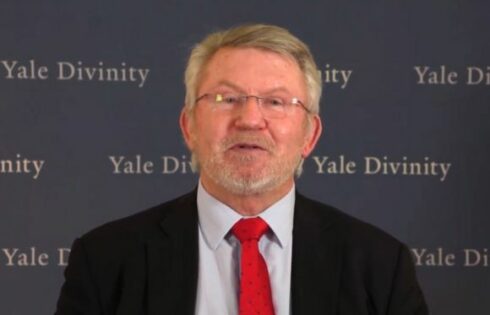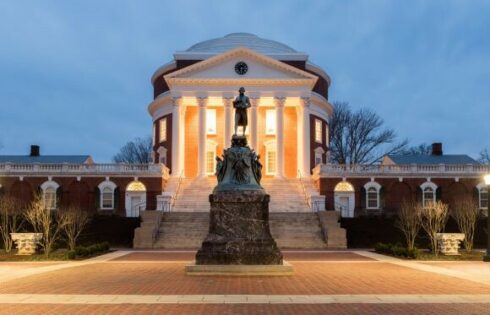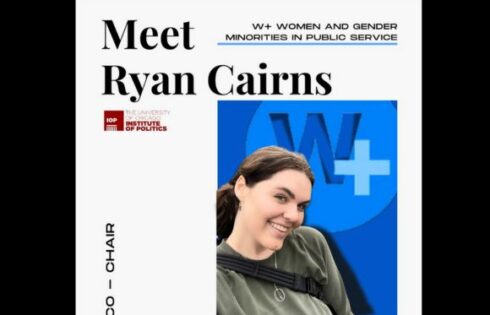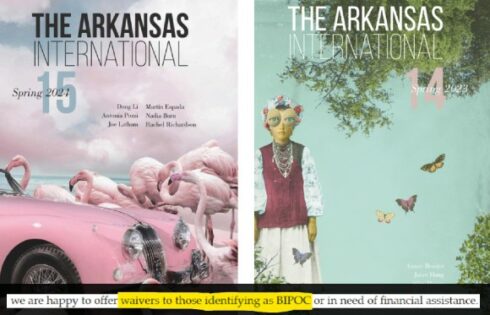
Stanford University worked closely with the Department of Homeland Security to get political social media posts, mostly from conservatives, flagged and censored by Big Tech in the run-up to the 2020 elections, according to newly-revealed data.
While some elements of the Election Integrity Partnership run through Stanford’s Internet Observatory have already been reported, new details have emerged due to a Congressional investigation into the agremeent between the California university and the
Cybersecurity and Infrastructure Agency.
RealClearInvestigations reported:
EIP surveilled hundreds of millions of social media posts and collected from the cooperating government and non-governmental entities that it calls its “stakeholders” potential violations of social media platforms’ policies concerning election speech.
It coordinated its efforts primarily through a digital “ticketing” system. There, one of its as many as 120 analysts or an external partner could highlight a piece of offending social media content, or narrative consisting of many offending posts, by creating a “ticket,” and share it with other relevant participants by “tagging” them. Tagged participants could then communicate with each other, in something of a group chat, about the veracity of the flagged content, concerns about its spread, and what actions they might take to combat it.
For social media companies this meant removing the content outright, reducing its spread, or “informing” users about dubious posts by slapping corrective or contextualizing labels on them.
The outlet further reported:
During the 2020 election cycle, EIP generated a total of 639 tickets, covering some 4,784 unique URLs – representing content shared millions of times – disproportionately related to the “delegitimization” of election results. Major platforms including Twitter, Google, and Facebook responded to tickets in which they were tagged at rates of 75% or higher. The platforms “labeled, removed, or soft blocked” 35% of the URLs shared via EIP.
Some content was taken down. Other posts were flagged but not censored, including a Federalist article about election integrity by Editor-in-Chief Mollie Hemingway, who is also on the advisory board for The College Fix.
The effort involved Stanford students who helped flag content for review and censorship. While the Stanford Internet Observatory was reportedly nonpartisan, its research manager, Renee DiResta, has criticized Donald Trump, the 2020 Republican presidential candidate.
Stanford has also teamed up with a nonprofit organization and Georgetown University to discuss “governance” of the Internet, as previously reported by The College Fix.
Read more from RealClearInvestigations on this story
MORE: Columbia ‘First Amendment’ expert defends Big Tech-feds ‘content moderation
IMAGE: Rafa Press/Shutterstock
Like The College Fix on Facebook / Follow us on Twitter




Add to the Discussion